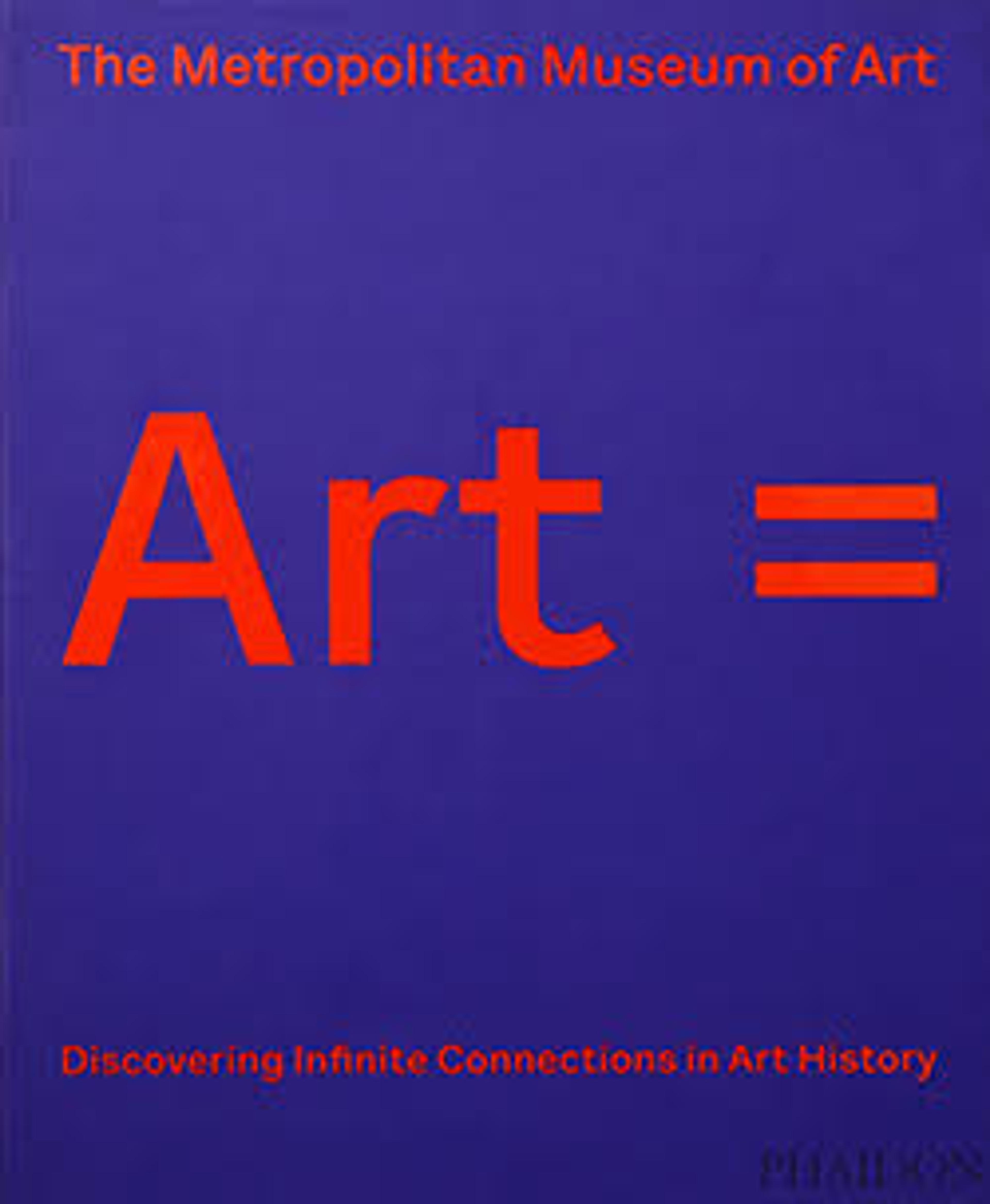Armor for Man and Horse
Kunz Lochner was one of the few Nuremberg armorers of the mid-sixteenth century to achieve an international reputation. His patrons included the Holy Roman Emperor, the dukes of Saxony, and the king of Poland. This man's armor bears the mark of Nuremberg; Lochner's personal mark, a rampant lion; and the date 1548. The armor was originally part of a small garniture that included exchange elements for field and tournament use. Restorations include the cuirass and the gauntlets.
The horse armor bears only the Nuremberg mark but can be attributed to Lochner on stylistic grounds. The elaborately embossed and etched decoration of the peytral (chest defense) includes an abbreviated inscription that may be interpreted: 1548 K[rist] I[ch] T[rau] G[anz] V[nd] G[ar] H[ans] E[rnst] H[erzog] Z[u] Sachsen (1548 In Christ I trust wholly, Hans [Johann] Ernst, Duke of Saxony). Duke Johann Ernst (1521–1553) may have commissioned the horse armor for his attendance at the Diet of Augsburg, a political assembly of the German nobility called in 1548 by Charles V to deal with the crisis of the Reformation.
The horse armor bears only the Nuremberg mark but can be attributed to Lochner on stylistic grounds. The elaborately embossed and etched decoration of the peytral (chest defense) includes an abbreviated inscription that may be interpreted: 1548 K[rist] I[ch] T[rau] G[anz] V[nd] G[ar] H[ans] E[rnst] H[erzog] Z[u] Sachsen (1548 In Christ I trust wholly, Hans [Johann] Ernst, Duke of Saxony). Duke Johann Ernst (1521–1553) may have commissioned the horse armor for his attendance at the Diet of Augsburg, a political assembly of the German nobility called in 1548 by Charles V to deal with the crisis of the Reformation.
Artwork Details
- Title: Armor for Man and Horse
- Armorer: Kunz Lochner (German, Nuremberg, 1510–1567)
- Date: dated 1548, with later restorations
- Geography: Nuremberg
- Culture: German, Nuremberg
- Medium: Steel, leather, copper alloy, textile
- Dimensions: man's armor: Wt. approx. 56 lb. (25.4 kg); horse armor with saddle: Wt. 92 lb. (41.7 kg)
- Classification: Armor for Horse and Man
- Credit Line: man's armor: Bashford Dean Memorial Collection, Gift of Mrs. Bashford Dean, 1929; mail sleeves: Bashford Dean Memorial Collection, Funds from various donors, 1929; horse armor: Rogers Fund, 1932
- Object Number: 29.151.2a–s; 29.158.183–.184; 32.69a–q
- Curatorial Department: Arms and Armor
More Artwork
Research Resources
The Met provides unparalleled resources for research and welcomes an international community of students and scholars. The Met's Open Access API is where creators and researchers can connect to the The Met collection. Open Access data and public domain images are available for unrestricted commercial and noncommercial use without permission or fee.
To request images under copyright and other restrictions, please use this Image Request form.
Feedback
We continue to research and examine historical and cultural context for objects in The Met collection. If you have comments or questions about this object record, please contact us using the form below. The Museum looks forward to receiving your comments.
